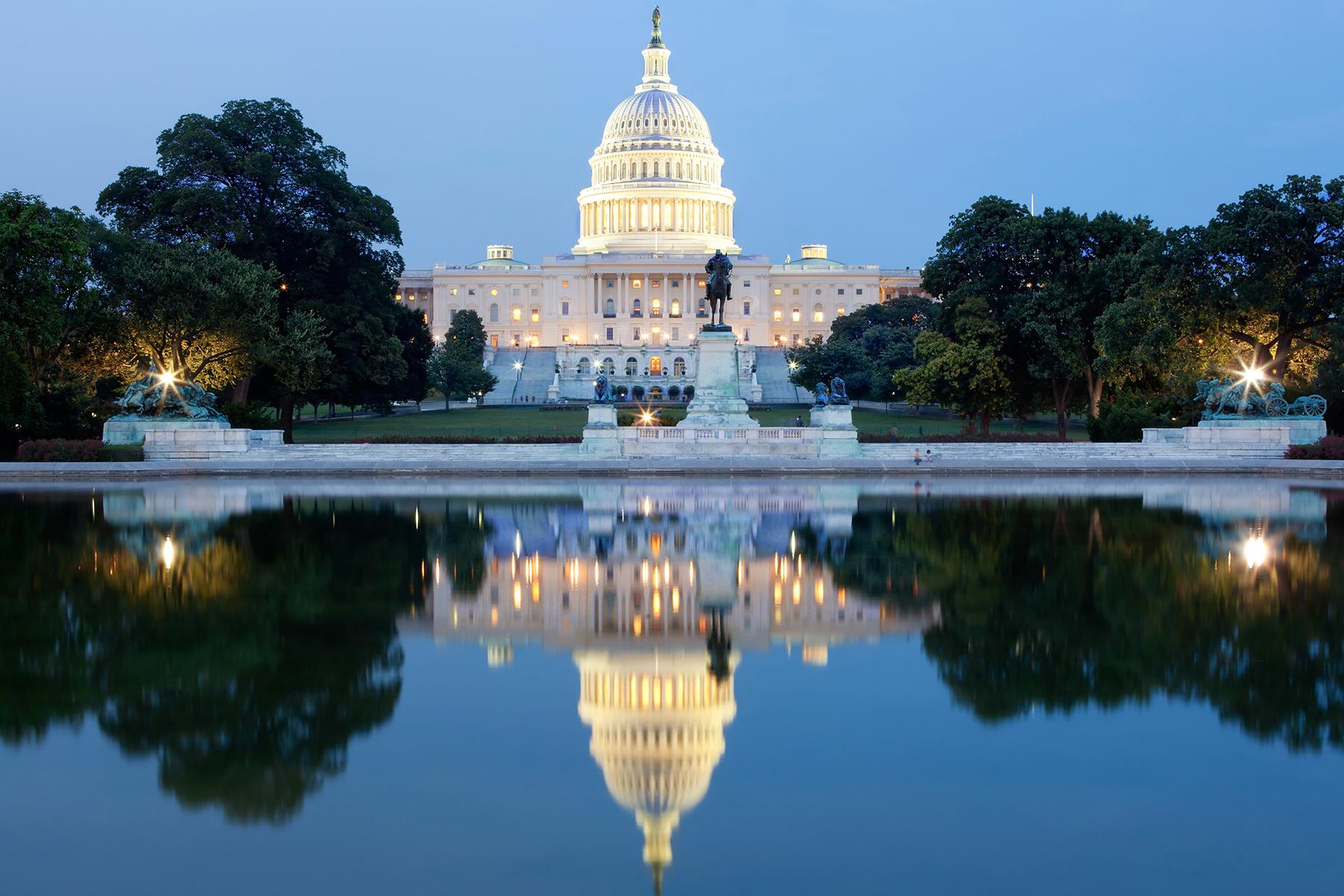History tells us that it will be a headache.
It’s happening again. The U.S. government is heading towards a shutdown as Congress struggles to pass legislation for funding. Federal funding is set to expire on September 30 with no resolution in sight as infighting continues within the Republican party. House Speaker Kevin McCarthy is trying to get temporary funding approved to buy more time, but with only a week before the deadline, there may not be enough time.
During a government shutdown, federal employees are furloughed and those who are deemed “essential workers” work without pay. Backpay is offered to federal workers after funding is approved, but contractors don’t have that guarantee–they might get pay from the company that hires them, or they might be let go. Military workers and law enforcement workers will work without pay; food safety and infrastructure projects will be delayed; and clinical trials on cancer will be stalled, the White House said in a statement.
The government shutdown for 35 days from December 22, 2018, until January 25, 2019, which led to a variety of travel snags. Some national parks were open but without enough staff, services like trash collection and road maintenance became an issue (restrooms also overflowed). All Smithsonian museums and the Washington Zoo were closed to visitors and there were long queues at airports due to TSA staff shortages.
Recommended Fodor’s Video
If another shutdown happens next week, it has the potential to bring air travel to its knees, again. According to the U.S. Travel Association, it could cost the economy as much as $140 million per day in losses. It is also predicted that this one may be much worse than 2018’s shutdown and up to 4 million workers will be affected.
Air Travel
Air traffic controllers are deemed essential workers, so they will continue to work—without pay—if the shutdown happens. But the training of new employees will stop. And with a continued shortage of air traffic controllers, it will again affect flying. Transportation Secretary Pete Buttigieg said, “We now have 2,600 air traffic controllers in training. A government shutdown would stop that training. Even a shutdown lasting a few weeks could set us back by months or more because of how complex that training is.”
TSA agents, customs officials, and security agents are also exempt, but what’s known from the last shutdown is that absenteeism increases when staff are not paid. In 2019, the TSA released a statement saying that the average wait times at airports were within normal limits, but the agency acknowledged that unscheduled absences more than doubled compared to a year ago. “Many employees are reporting that they are not able to report to work due to financial limitations.”
Related: There Were 46 Near-Miss Flight Collisions in the U.S. Last Month
National Parks and Museums
Museums, monuments, and national parks are likely to be impacted. During the shutdown in 2013, national parks incurred a loss of $500 million. Some remained open, but the lack of visitor services like washrooms, trash collection, and maintenance made visiting one a less-than-pleasant experience. All government-funded museums are also likely to be closed, as they did in 2018. Zoo workers care for the animals during the shutdown, but visiting stops.
Passport Services
Getting a new passport or renewing your old one is already a pain right now. The wait times have been crazy and a government shutdown has the possibility of making it worse. During the 2018-2019 shutdown, the State Department did not have funding, but passport services remained operational. The agency found additional funding and brought people back to work.
It’s not guaranteed that it will be the same case this year.
Related: 12 Small Mistakes That Can Cause a BIG Headache When Renewing Your Passport



